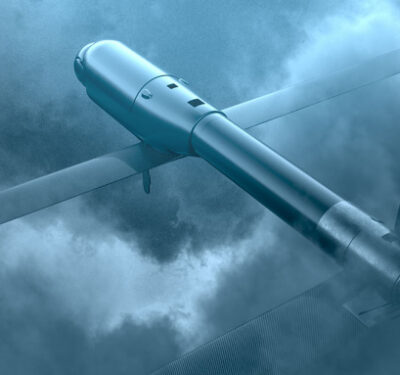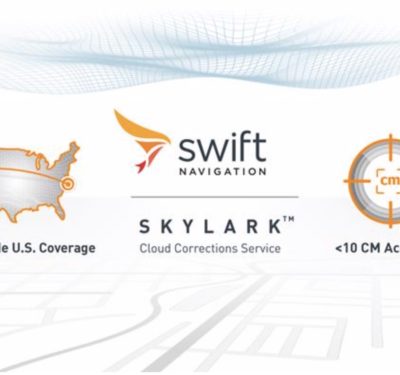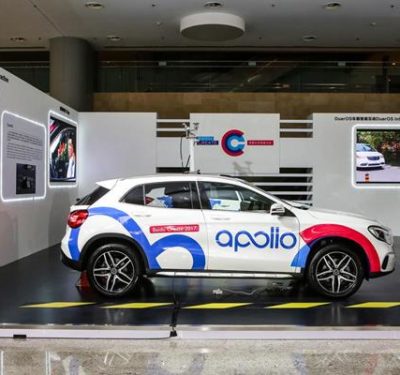In the past two weeks, ride-sharing giant Uber made several announcements to keep the company at the forefront of autonomous vehicle development. The company partnered with Volvo in a $300 million deal; publicized increased vehicle testing in Pittsburgh; and purchased Otto, a self-driving truck company.
In the Volvo deal, the companies will initially use the carmaker’s XC 90 SUV in testing, primarily in Uber’s Pittsburgh operations, according to published reports. Uber purchased Silicon Valley startup Otto for an estimated $680 million. The new unit, led by Otto co-founder Anthony Levandowski, also will test the self-driving trucks in Pittsburgh, Uber said.
At least one industry observer believes one Uber announcement could mean more than the others. “The Otto announcement is particularly interesting, given that many in the industry believe truck platooning represents the near-term commercial goal for autonomous vehicle technology,” said Marc Scribner, Competitive Enterprise Institute analyst. “It signals to me that Uber is serious about bringing this technology to market as rapidly as possible.”
One potentially huge, and early, autonomous vehicle market lies within the trucking industry, specifically the employment of tractor-trailer platooning. However, state regulations may hamper what may be a market some say will save lives and money.
Scribner, in a new report from the Competitive Enterprise Institute, “Authorizing Automated Vehicle Platooning, A Guide for State Legislators,” says there are great cost savings and safety gains from trucking platooning. However, state laws are different across each border—and some stand in the way of quick rollout of autonomous vehicle technology, he said.
Scribner contends there are “a range of uniformed opinions” that hurt the debate on road vehicle automation. These opinions range from popular press stories that autonomous vehicles should be banned because of their threat to public transit and the environment. The other extreme includes implementing the technology by 2018 because it promises safety benefits over traditional driving.
Scribner cites Bryant Walker Smith, University of South Carolina law professor, who said that in most U.S. jurisdictions, automated vehicles are not prohibited by current laws. However, he highlighted several potential conflicts in state motor vehicle codes that may preclude certain operations.
One problem Smith identified is found in states’ following-too-closely Federal Trade Commission (FTC) statutes, which outlaw many automated vehicle platooning applications, the report said.
Tesla Fatality Won’t Define Autonomous Vehicle Policy
While the May fatal crash of a Tesla car with Autopilot autonomous vehicle technology made worldwide headlines, Scribner believes it didn’t hurt the industry going forward. “Many feared the [Tesla fatality] announcement would lead to harsh responses from regulators. However, NHTSA (National Highway Transportation Safety Administration), for instance, has been very vocal in stating they will not allow a single incident to define automated vehicle policy. Many of the initial concerns expressed by technology proponents with respect to Tesla, and policy responses, have fortunately turned out to be overly pessimistic,” he said.






